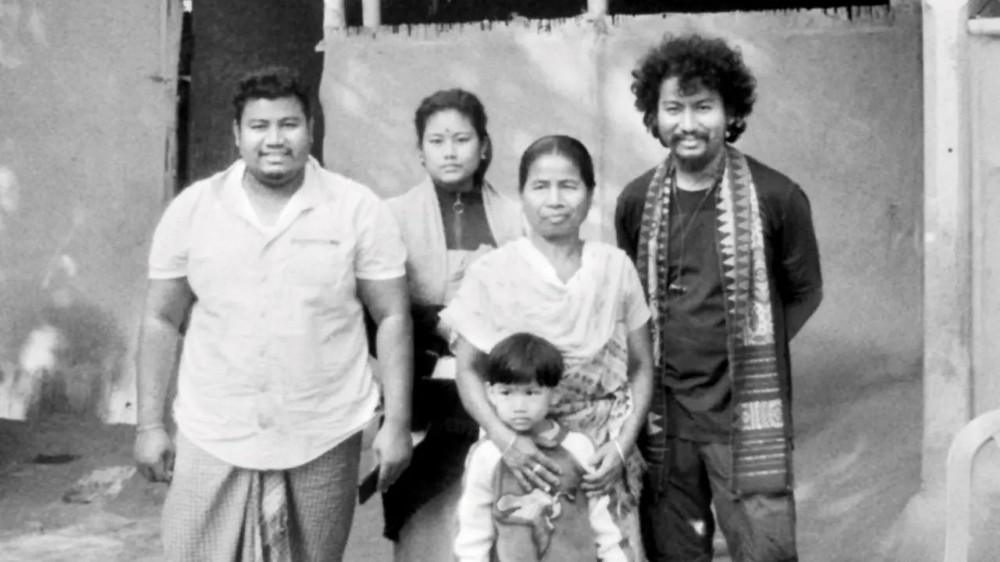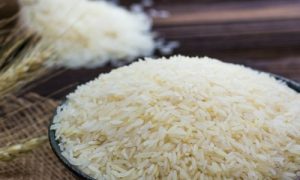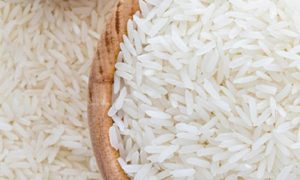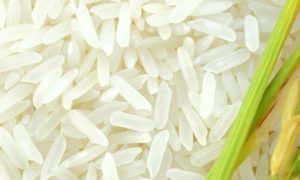This Assam family is planning to cultivate Boro rice for people across India

A family from the Boro tribe in Assam offers authentic rice straight from their farm in the state’s floodplains.
The Basumatary family, whose landholding lies between the eastern Himalayan range in Bhutan and the Brahmaputra, cultivates rice for their own meals. This year, they’ve decided to share the flavour and richness of the harvest with people across India to introduce them to Boro (also, Bodo) rice. Using a neighbour’s farm to cultivate sufficient amount of rice, they’ve opened orders for two authentic flavours of Boro rice — mai-bra or red rice, and gwswm mairong or black rice.
Speaking to us from Tezpur where he currently works, Rangjalu Basumatary, naturalist and documentary filmmaker tells us, “My family grows the rice for our daily consumption and also during festivals like Magw Bwisagu. It’s a sticky rice with a different taste and aroma from other varieties although it is difficult to explain exactly how.” Basumatary often makes mai-bra homenai where the rice is steamed. “You can eat it with everyday vegetables and dal. You can also make popcorn from the rice. That is called mai-bra sworai,” he adds.
We get another bite to fuel our imagination from the poster that details how customers can place orders. Red rice — nutritious with a low glycemic index — goes well with curries and dals. It is also perfect for making sushi. Use gwswm mairong, which is rich in antioxidants, for desserts, kheer, and porridge or with custard and fruits. We also chanced upon a video recipe on YouTube of black rice flour kneaded into a dough and fried.
We will grow the rice based on the orders we receive. We will sow the crop towards the end of May; and harvest the crop in October and November. In January 2024, after it is processed, we will dispatch the rice to customers,” Basumatary explains. One can place a minimum order of one kilogram of rice before this week ends. There will be a 50 per cent advance payment, and the remaining 50 per cent can be paid during dispatch. Since this is their first time, stocks are limited and based on first-come, first-serve basis.
















